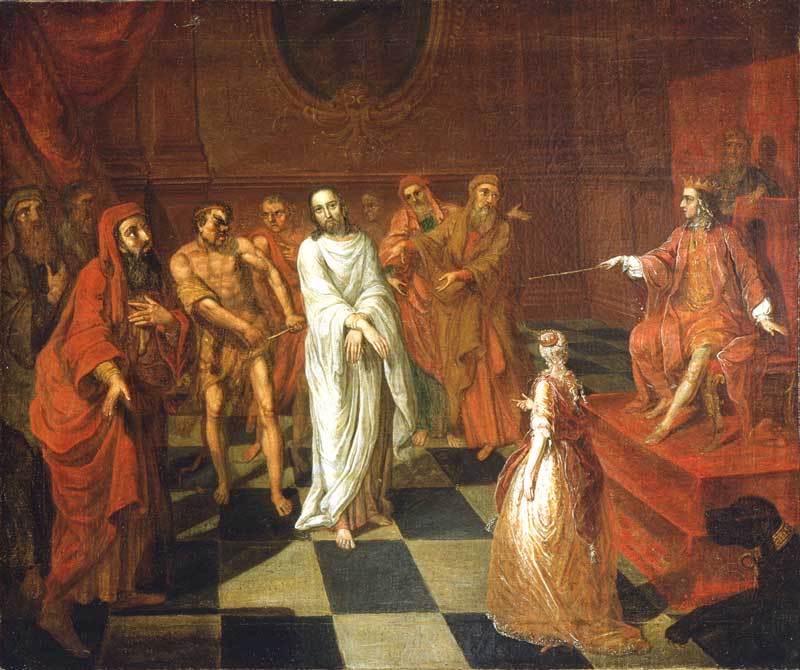FOUR SPECIAL FAVORS

The graces which Our Lord promises to those who are devoted to the
sorrows of His Blessed Mother are very great. St. Alphonsus, in his
discourse on the dolors of Mary, states: It was revealed to St. Elizabeth
[of Hungary] that some years after the Blessed Virgin was assumed into
Heaven, St. John, the beloved disciple, was seized with an ardent desire to
see her again. This favor was granted him. His dear Mother appeared to him
in company with our Divine Lord. Then St. John heard Mary asking of her Son
some special graces for those who were devoted to her dolors. Our Lord
promise the four following graces:
1. Those who invoke the Heavenly Mother through her sorrows will obtain
true sorrow for their sins before death.
2. Our Saviour will protect them in their tribulations, especially at the
hour of death.
3. He will impress upon them the memory of His Passion, and will reward
them for it in Heaven.
4. He will commit such devout servants to the hands of Mary, that she may
dispose of them according to her pleasure, and obtain for them all the
graces she desires.
Besides these great graces, Father Faber enumerates others which are
obtained through devotion to Mary's sorrows:
This devotion has a remarkable connection with great interior holiness.
It reveals the emptiness of worldly joys. Worldliness finds no soul
harder to attack than one entrenched in the sorrows of our Blessed Lady.
The world can graft itself upon nothing in this devotion.
It gives us a permanent share in the sorrow for sin which Jesus and
Mary felt.
It keeps our thoughts close to Jesus Christ, and to Him Crucified.
It communicates to our souls the spirit of the Cross and gives us
strength to endure our own sufferings with resignation to the holy Will of
God.
This devotion is wholly covered with the Precious Blood of Jesus and
leads us directly into the depths of the Heart of our Saviour.
Anyone who during his lifetime has cherished compassion for this
afflicted Mother may consider this as a most assured sign of
predestination.
The above is taken from Chapter 2 of the booklet "Devotion to the Sorrowful
Mother" published by TAN


